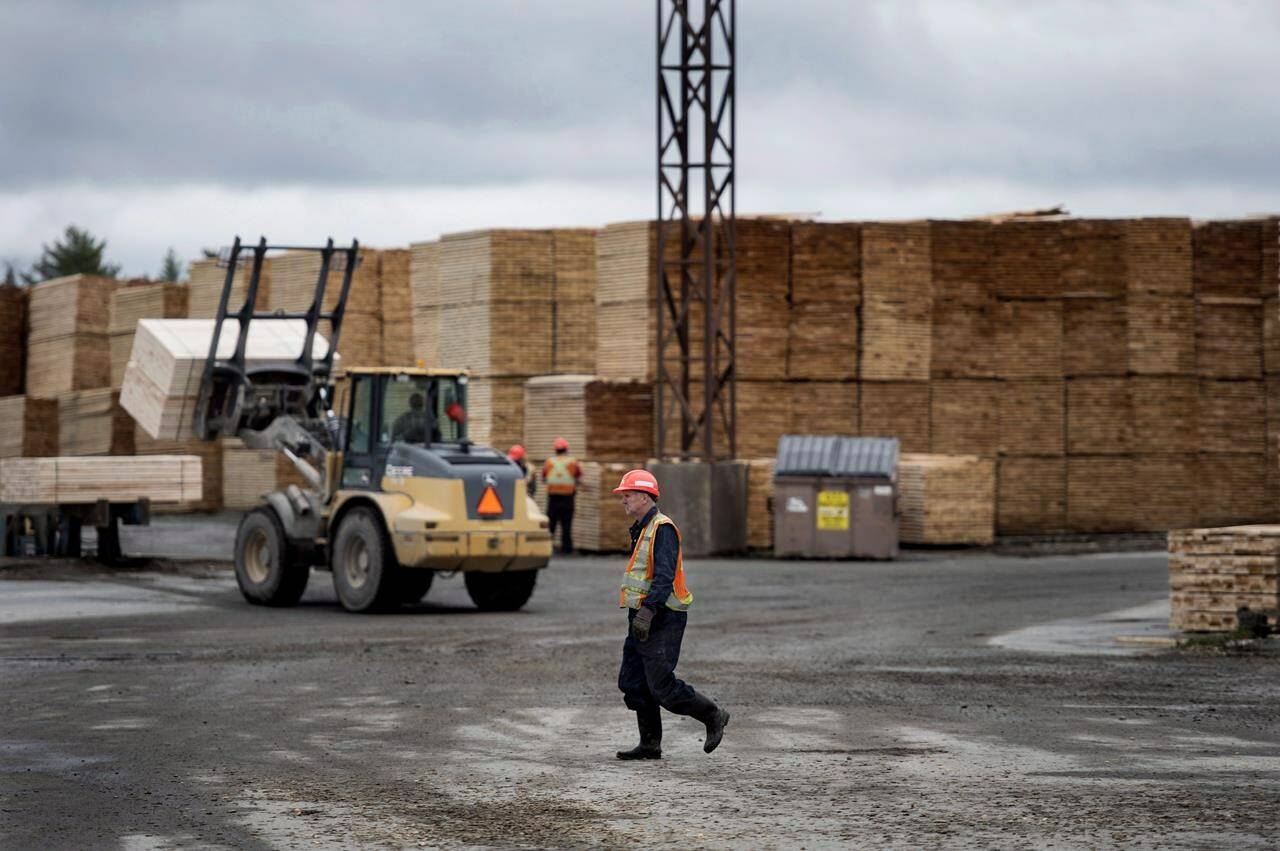The federal government is lashing out at the U.S. Commerce Department over plans to raise duties on Canadian softwood lumber.
International Trade Minister Mary Ng says the U.S. has signalled it intends to raise duties to 13.86 per cent, up from 8.05 per cent.
Ng calls the move disappointing and entirely unwarranted.
It’s only the latest salvo in a bilateral back-and-forth that Ottawa has described as a drag on efforts to improve the cost and supply of housing.
Last month, Ng vowed to contest a U.S. International Trade Commission decision to keep the duties in place.
She says Canada will fight the duties by every means available, including litigation through existing trade agreements, as well as the World Trade Organization and the U.S. Court of International Trade.
Canada is “extremely disappointed” in the latest finding by the Commerce Department, she said: “This measure is entirely unwarranted.”
At the same time, she said, the federal government stands ready to negotiate a resolution to the dispute that has dogged the Canada-U.S. relationship for decades.
“We will continue to work closely with provinces, territories and industry to defend Canadian interests through all available avenues,” Ng said.
“We remain ready and willing to work with the United States toward a negotiated solution that allows for a return to predictable cross-border trade in softwood lumber.”
In October, Canada cheered a decision by a NAFTA dispute panel that found aspects of how the U.S. calculates the duties are inconsistent with federal law.
Under the U.S. Tariff Act, the Department of Commerce determines whether goods are being sold at less than fair value or if they’re benefiting from subsidies provided by foreign governments.
In Canada, lumber-producing provinces set so-called stumpage fees for timber harvested from Crown land, a system that U.S. producers — forced to pay market rates — consider an unfair subsidy.
READ ALSO: B.C. government promises to fight possible U.S. softwood lumber duties
READ ALSO: Canada wants judicial review of latest U.S. softwood lumber duties

